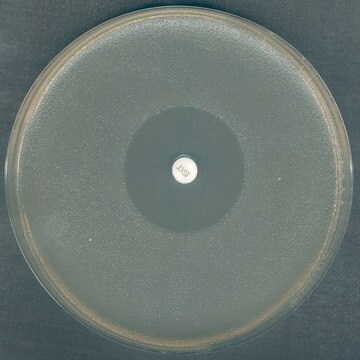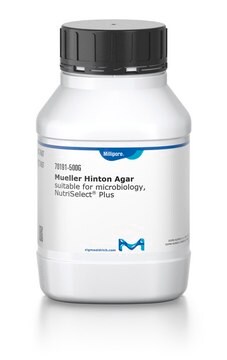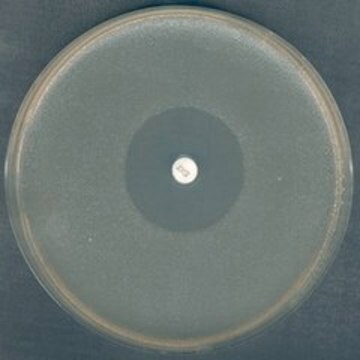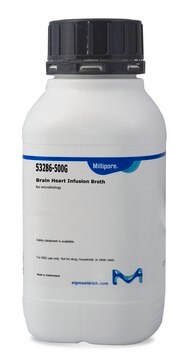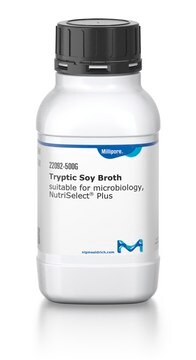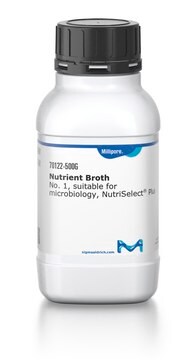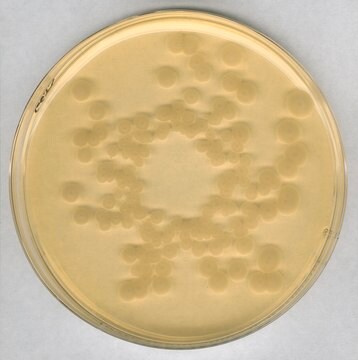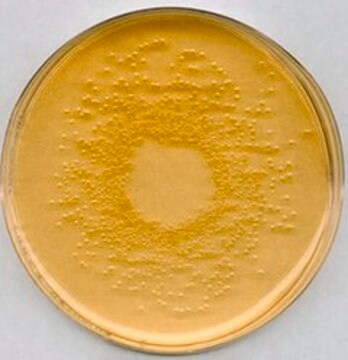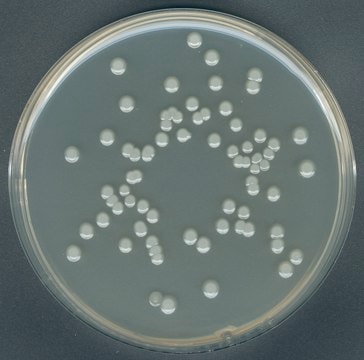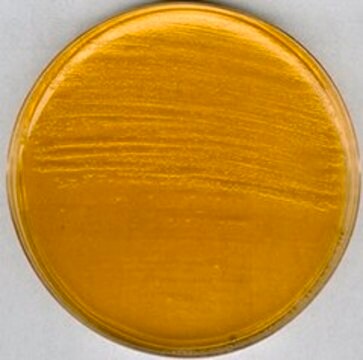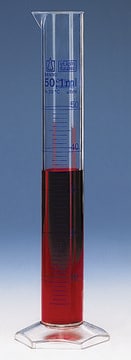70192
Mueller Hinton Broth
suitable for microbiology, NutriSelect® Plus
Synonym(s):
MH Broth; Antibacterial potency testing media; Antimicrobial susceptibility testing media
About This Item
Recommended Products
sterility
non-sterile
Quality Level
product line
BioChemika
form
powder
shelf life
limited shelf life, expiry date on the label
composition
beef infusion solids, 2.0 g/L
casein hydrolysate, 17.5 g/L
starch, 1.5 g/L
manufacturer/tradename
NutriSelect® Plus
storage condition
protect from light
technique(s)
microbe id | susceptibility testing: suitable
microbiological culture: suitable
final pH
7.4±0.2 (25 °C)
application(s)
clinical testing
food and beverages
microbiology
storage temp.
15-25°C
suitability
nonselective for bacteria (General Media)
Related Categories
General description
Application
Preparation Note
Footnote
The designations basic, plus, or prime are added to indicate the quality control level, from basic quality control to standard QC plus to prime for full regulatory compliance.
Legal Information
Storage Class Code
11 - Combustible Solids
WGK
WGK 3
Flash Point(F)
Not applicable
Flash Point(C)
Not applicable
Personal Protective Equipment
Choose from one of the most recent versions:
Already Own This Product?
Find documentation for the products that you have recently purchased in the Document Library.
Customers Also Viewed
Our team of scientists has experience in all areas of research including Life Science, Material Science, Chemical Synthesis, Chromatography, Analytical and many others.
Contact Technical Service